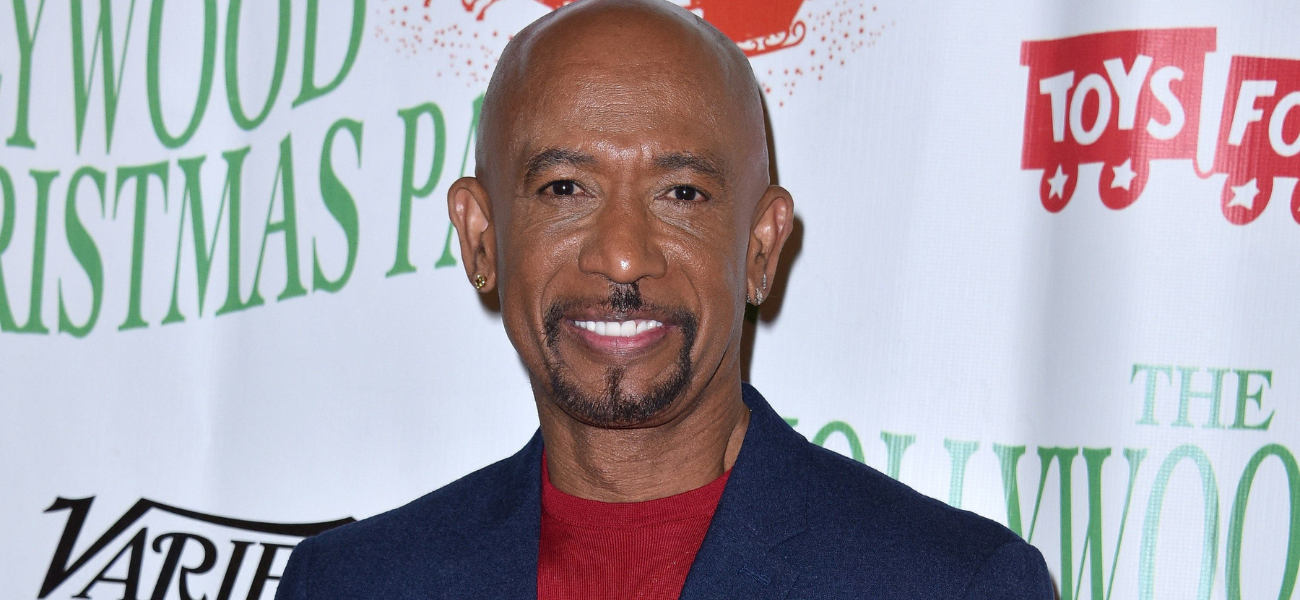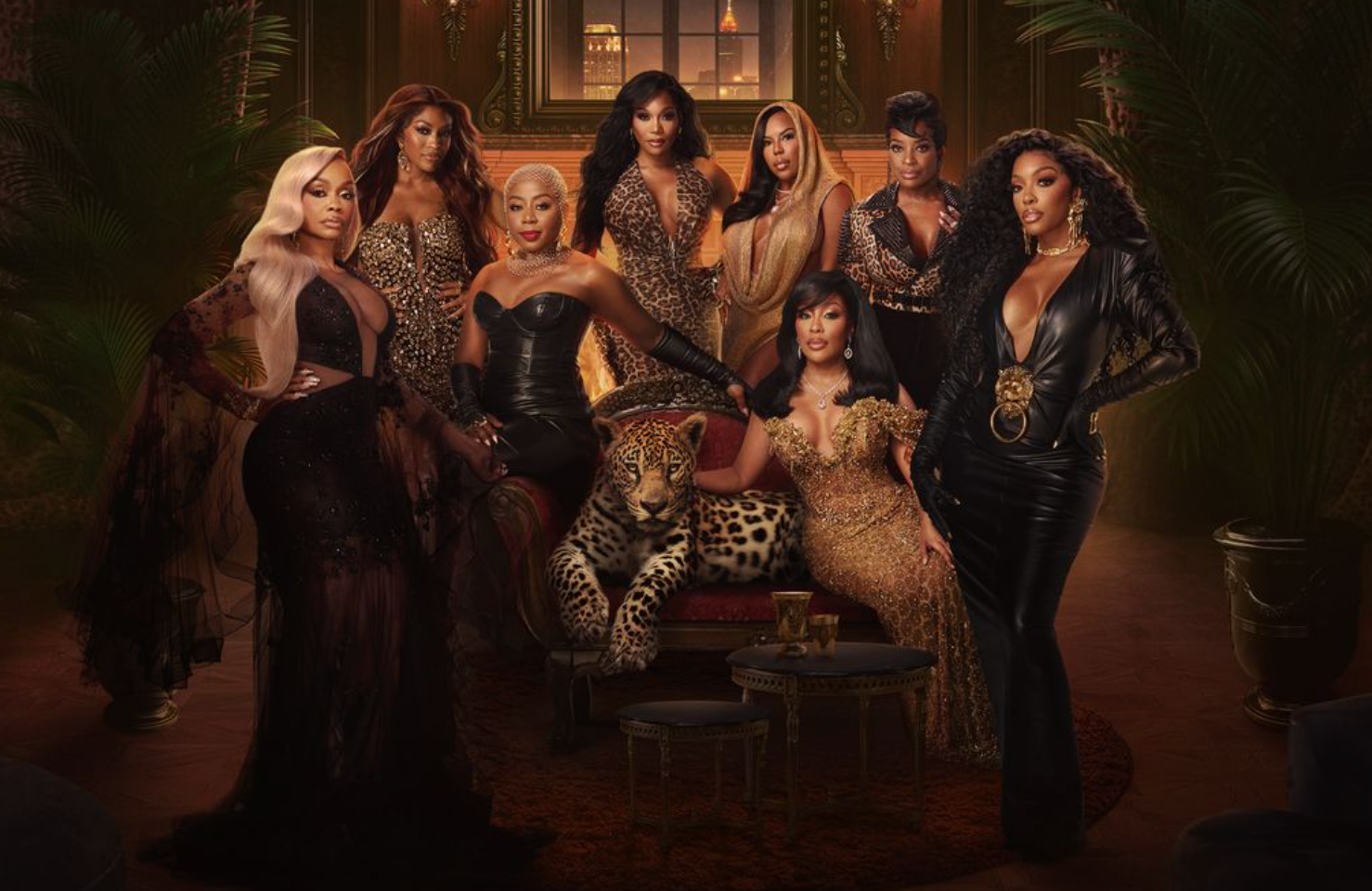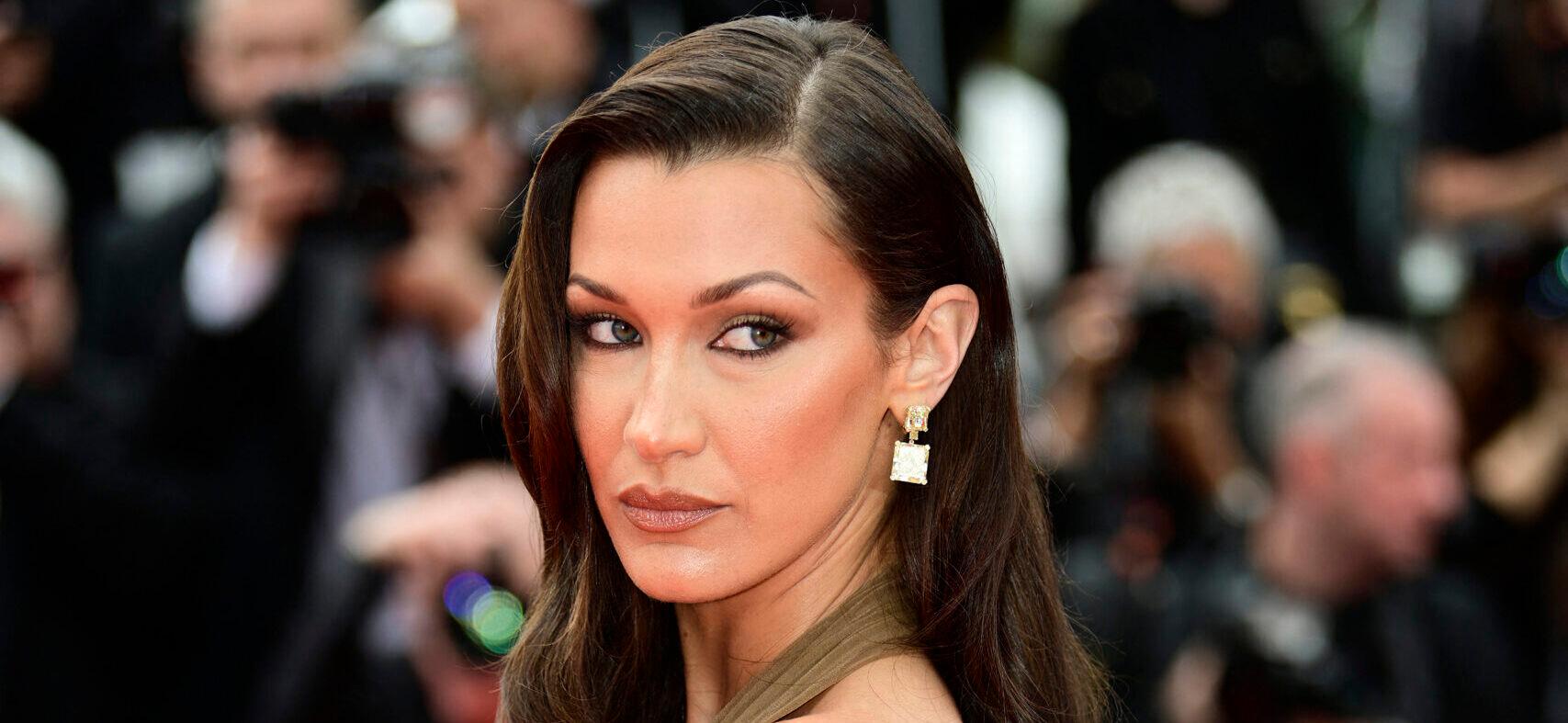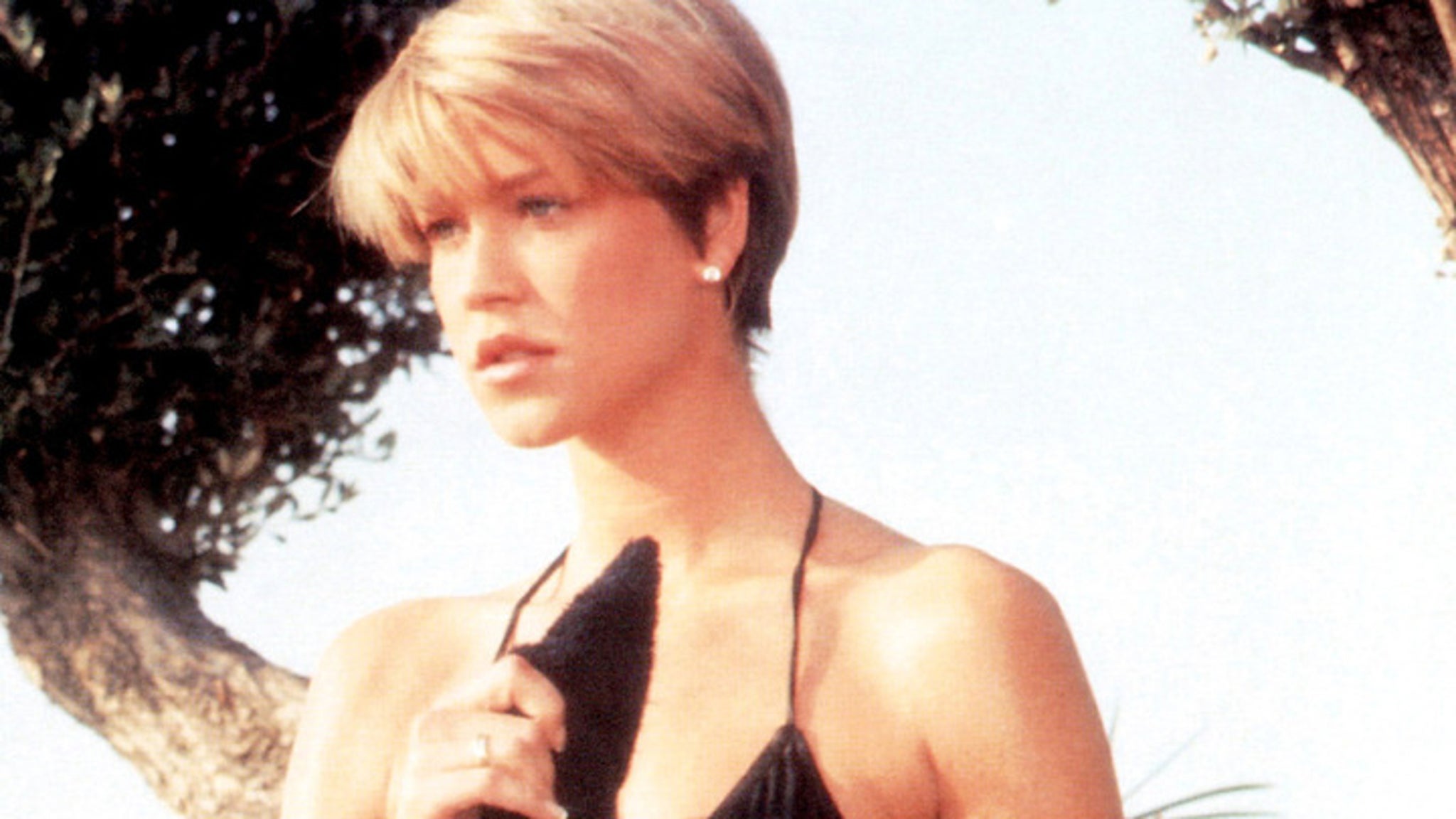Montel Williams is opening up about his opioid addiction. The former talk show host said it was easy for him to get opioids from doctors because of his status as a celebrity.
The 68-year-old was diagnosed with multiple sclerosis back in 1999, and in a recent interview, Williams explained how he was able to get his prescriptions while he was traveling.
Williams noted that a simple call to the hotel concierge would result in him getting the drugs while he traveled.
Article continues below advertisement
‘We Can Get Whatever We Want’
Williams said celebrities could “get whatever we want,” during an interview with Maria Menounos on her podcast, “Heal Squad” on Dec. 17, according to PEOPLE.
The former television star hosted “The Montel Williams Show” between 1991 and 2008, and he said that while traveling throughout the country to promote the show, he could “name the set” of drugs that he needed, one of which he said was morphine.
“Back then we didn’t have oxycodone,” said Williams. “We had things like Talwin, we had things like morphine. I found I could call the hotel doctor and get a 10-day prescription of any drug I wanted and they would just happily give it to me.”
Article continues below advertisement
Williams Reveals He Took 12-13 Pills Every Day

Williams told Menounos that he began stocking up on the prescription drugs and was taking up to 13 pills daily.
“So I started stocking up. There was one point in time when I was taking about 12 to 13,” said Williams. “Some of this medication does have a purpose.”
The Daytime Emmy Award winner added that he doesn’t believe that opioids have a purpose for long-term use.
“I don’t believe any of the opioids have a purpose for long-term use. They’re only a short-term use thing. That’s what they should be. That’s what they were invented for. That’s what they were created for,”
He added, “However, I was at the point where, the more you take, the less it works.”
Article continues below advertisement
Williams’ Primary Doctor Refused To Fill His Prescriptions
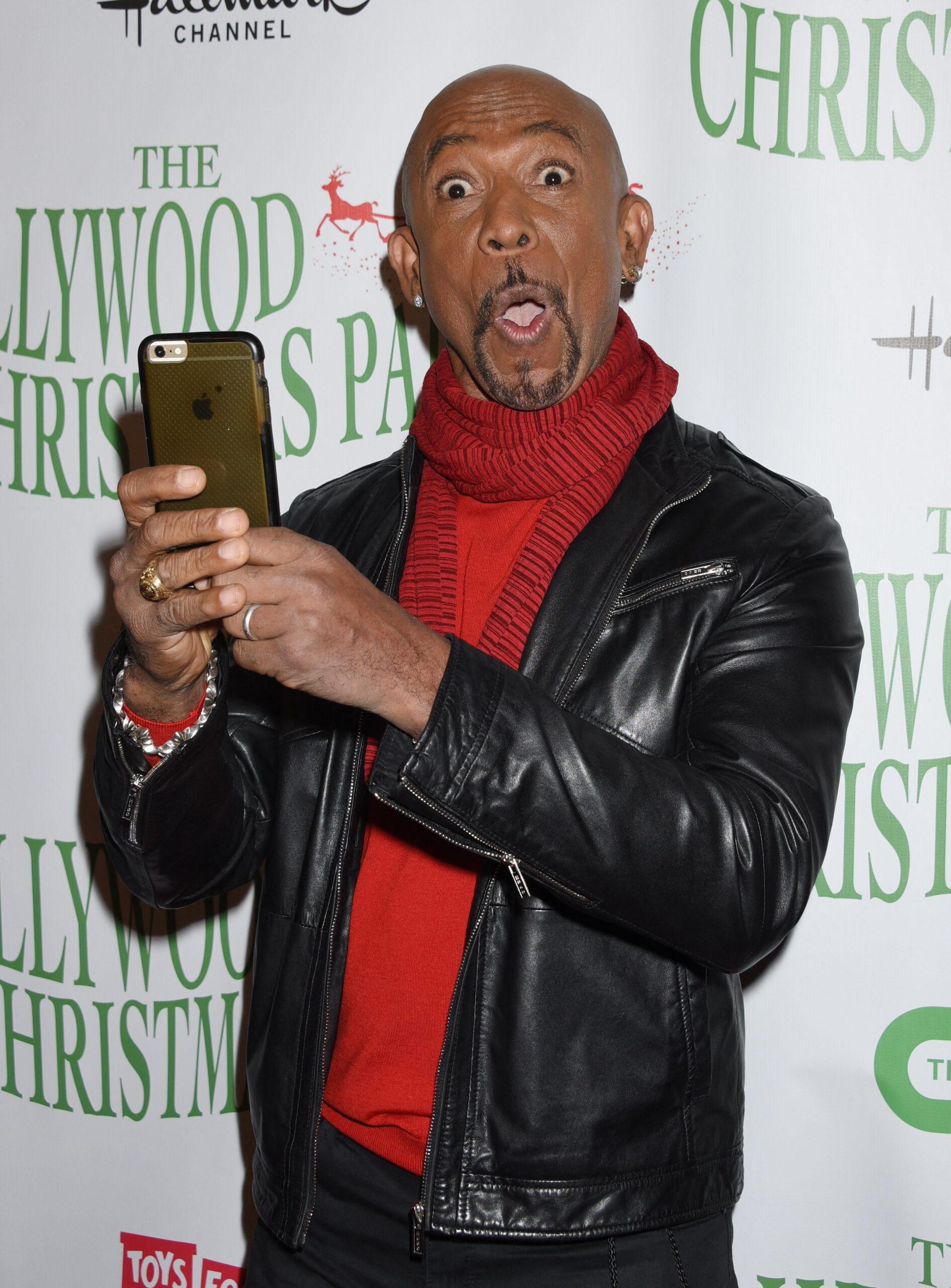
Williams also told Menounos that his primary doctor refused to fill his prescriptions for opioids and even threatened to call the DEA on the talk show host.
“Dude, you’re done. I’m not writing you any more of these,” said Williams’ doctor.
“‘I’m literally gonna send a message off to the DEA and tell them that you are doctor hunting,'” remembered Williams. “‘I’m gonna put you on the national register, you shouldn’t get prescribed these drugs.'”
Williams added that his primary care doctor recommended cannabis instead of prescription opioids to treat his multiple sclerosis symptoms.
“‘If you want relief, I’ve heard from some other patients like you that this marijuana thing seems to work … You’re smart guy. Look it up, figure it out.’ And I did just that.”
Article continues below advertisement
Williams Is Now A Marijuana And Mental Health Advocate
Williams told “Forbes” that he now uses cannabis daily to manage his symptoms from multiple sclerosis, noting that his body is “saturated with cannabinoids” to help with pain and flexibility. He said the medicine also helps to promote nerve-protective neuroplasticity in the brain.
Multiple sclerosis is a chronic neurological and autoimmune disorder that is usually diagnosed in people between the age of 20 and 40. Williams was diagnosed after he retired from military life and began researching options soon after. He added that marijuana got a bad rap before becoming a prescribed medication.
“Cannabis should have been treated like any other plant-based medicine for the past hundred years,” he said. “Find the best portion of this drug and use it in the best modality it can be used for.”
Article continues below advertisement
Williams Has His Own Cannabis Brand
Williams launched a cannabis brand called “Inspire by Montel” after partnering with the Primitiv Group Boston. The brand features THC and CBD vapes, and Williams says that marijuana has helped him find relief from his symptoms better than any opioid he’s tried.
According to Boston.com, Williams wanted to make sure others found the same relief he did with marijuana and began advocating for the medicine.
“I’m trying to make sure that other patients like myself have access to efficacious medicine all over the country,” he said. “There were hardly any celebrities or any public-facing people who came forward like I did to talk about my use of cannabis.”

